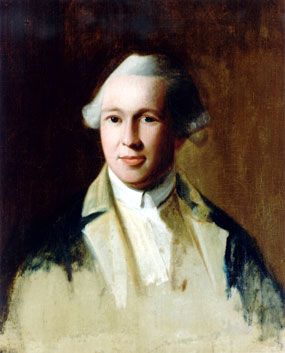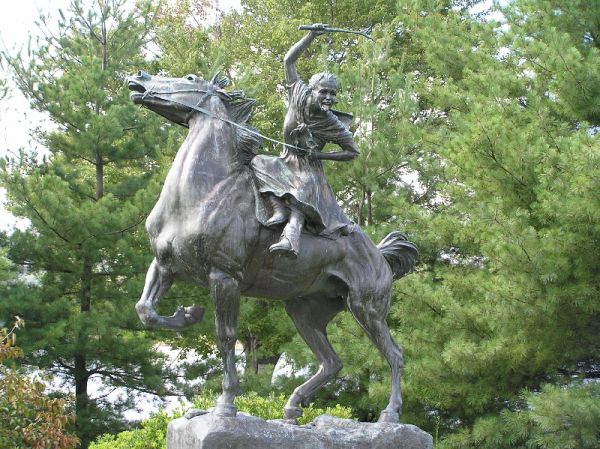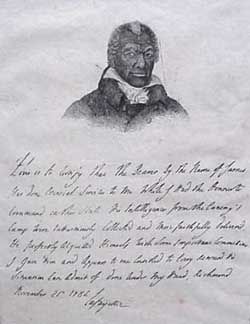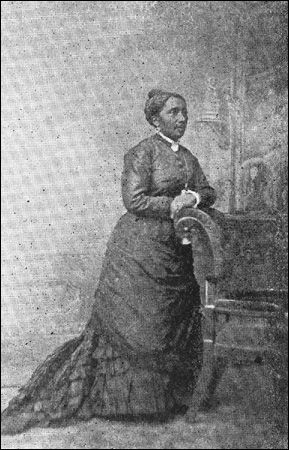Joseph Warren

While
during his time he was regarded as the architect of the American
Revolution and at least fourteen US states have a Warren County named
after him, few people recognize the name Joseph Warren.
Dr. Joseph Warren wrote a series of resolves that helped serve as the blueprints for the first American government, he sent Paul Revere on his famous ride, he fought in the battles of Lexington and Concord, and he was a close associate with other leading revolutionaries such as John Hancock, John Adams and Samuel Addams. So why haven't you heard of him?
Likely because most of the patriots we're taught about since elementary school went on to do great things after the war, but Warren actually died in the 1775 Battle of Bunker Hill, where he chose to serve as a private although he was ranked as a Major General. Even after he ran out of ammo, he chose to stay on the front lines so the militia could make its escape.
While it might be the very reason he's not widely remembered today, Warren's death did help the revolutionary cause by providing them with a martyr who helped inspired even more patriots to fight the British.
Sybil Ludington

Thanks to Sybil’s actions, 400 troops were ready to fight the next day and the group was able to join the Continental Army and chase the British out of Connecticut. For those wondering why we remember Paul Revere’s name above all the other successful riders from the Revolution, the simple reason is because Henry Wadsworth Longfellow found that Revere rhymes with a lot of things, including “listen my children and you shall hear.”
James Armistead Lafayette

During the Revolutionary War, some aristocrats sent their slaves to battle in their place, but James Armistead Lafayette actually asked his master for permission to fight on the side of the patriots. That isn’t what made him so notable, instead it’s the fact that he was the first African American double agent.
First, he was assigned to spy on the recent defector, General Benedict Arnold, who trusted him so much that he asked Armistead to guide British troops through the local roads. After Arnold went north in 1781, James went to serve General Cornwallis. While spending time in the camp, he relayed vital information to the Americans regarding the British troop and arms deployment. His reports were considered critical in the defeat of the British in the Battle of Yorktown and the capture of General Cornwallis.
After the war ended, James returned to his life of servitude as a 1783 law that freed slaves who served in placed of their masters didn’t apply to him since he was technically a volunteer. With the help of his master, William Armistead, and General Lafayette, whom he served under the war, James was granted his freedom in 1787. Thereafter, he continued to live in New Kent County as a farmer.
Henry Shoemaker
On
a hot afternoon in 1842, Henry Shoemaker was working as a farmhand in
Indiana when he remembered it was Election Day. He quickly rode to his
local polling place and cast his ballot for state representative,
Madison Marsh.Marsh won the election by one vote and Shoemaker’s forgetting the ballot box could have made all the difference between his getting elected. That wouldn’t have been a huge deal if it weren’t for the fact that state legislators elected senators at the time and the Indiana election of 1842 was a close contest. In fact, the results kept ended up a tie and on the sixth ballot, Marsh finally changed his vote, which allowed Edward Hannegan to win his seat in the U.S. Senate.
Again, all that may not have made a huge impact if it weren’t for the fact that a few years later, the U.S. Senate was voting on whether or not to go to war with Mexico. Hannegan was absent in the voting and was finally called in to break the deadlock between those for and those against the war. As a result, America went to war with Mexico and California became part of the U.S. And it’s possible that the entire chain of events never would have occurred if Henry Shoemaker didn’t remember or care to head off to the polls on that fateful day in 1842.
Elizabeth Jennings Graham
 Many
consider her the nineteenth century’s Rosa Parks, and Elizabeth
Jennings Graham may well have influenced Ms. Parks and other Civil
Rights crusaders throughout the years. In fact, Ms. Graham’s heroic act
against racism even took place before the Civil War, when slavery was
still legal in fifteen states.
Many
consider her the nineteenth century’s Rosa Parks, and Elizabeth
Jennings Graham may well have influenced Ms. Parks and other Civil
Rights crusaders throughout the years. In fact, Ms. Graham’s heroic act
against racism even took place before the Civil War, when slavery was
still legal in fifteen states.In the 1850s, the horse-drawn street cars were an increasingly popular mode of transportation, especially in large cities like New York. These privately-owned vehicles were allowed to deny service to anyone for any reason and they chose to take advantage of that right regularly. On Sunday, July 16, 1854, Elizabeth was running late to church and boarded a streetcar. The conductor ordered her to get off, but she refused. When he tried to remove her by force, she struggled to stay onboard. Eventually, it took a police officer to remove her from the streetcar.
Graham’s story inspired African American New Yorkers to stand up for their rights and fight against racial discrimination in public transportation. The story received national attention –especially when Elizabeth filed a lawsuit against the driver and the Third Avenue Railroad Company. Her lawyer, Chester A. Arthur, would later go on to be the president of the US.
In 1855, Graham won her case and the court declared that African American persons should have the same rights as other persons. The public transit system in New York was desegregated by 1861 as a result –all about 100 years before Rosa Parks famously refused to give up her seat on the bus.

No comments:
Post a Comment